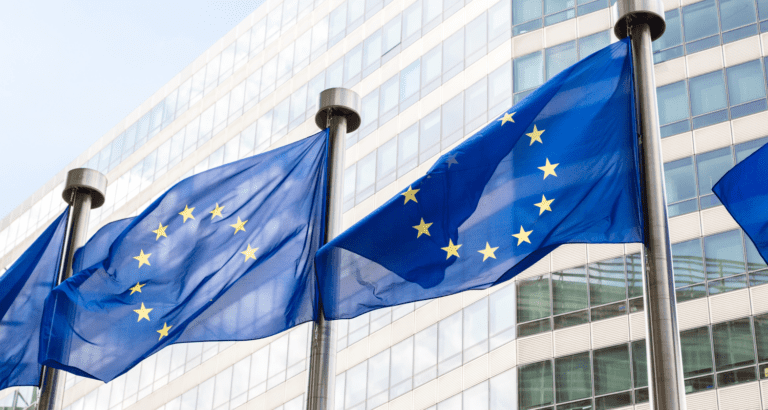The European Commission, the European Council and the European Parliament agree on the content of the Digital Markets Act. The final laws and regulations set out to curb big tech dominance.
The Digital Markets Act includes limitations to the power of big tech companies such as Amazon, Google and Microsoft.
Dominant messaging platforms such as WhatsApp, Messenger and iMessage will soon have to offer interoperability with smaller messaging platforms within the EU. End users should be able to use any messaging platform they want, while still receiving messages from larger, more dominant platforms.
Furthermore, consumers and business end-users should be given a choice among multiple app stores for their OS instead of a single, proprietary platform.
In terms of advertising, the Digital Markets Act states that advertisement buyers must be provided with means of adjusting their ads’ reach. Advertisement platform owners such as Google aren’t allowed to prioritize their own products over those of customers.
Goal
The Digital Markets Act should level the playing field. According to the EU, new rules lead to more competition, innovation and freedom of choice. Organizations that fail to comply risk a fine of up to 20 percent of global sales.
Last steps
Now that the various decision-makers have agreed upon the content of the Digital Services Act, the European Parliament and Council are expected to give a final sign-off. Six months after the sign-off, the Digital Markets Act will enter into force.
Tip: EU rules should focus on benefits of AI, says one lawmaker
